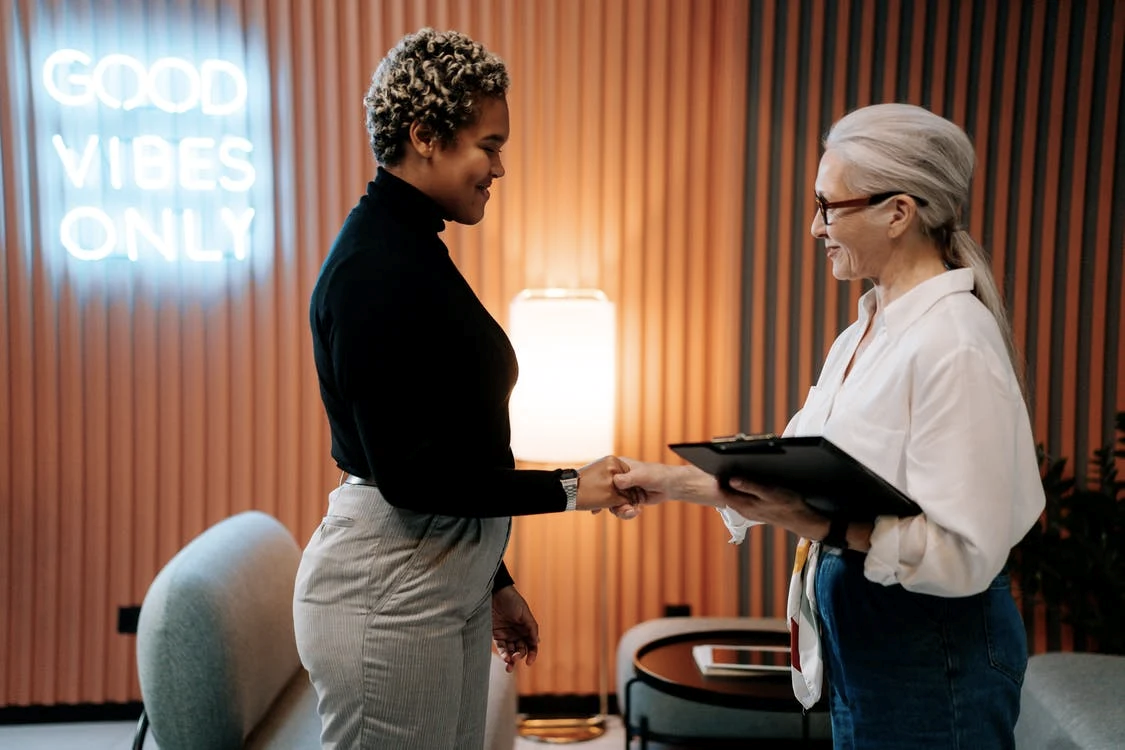
As we adjust to the new realities of social distancing and the many other disruptions to daily life caused by the Coronavirus, it’s important to reflect on how we process information and make decisions during times of crisis. This blog has been primarily focused on how foundational skills like critical thinking and communication affect education and work, but we’re seeing today how essential they are to living through the current pandemic.
We’ve identified 6 real-time learning habits—each the result of well-groomed foundational skills—that can help you make sense of these challenging times. Whether you’re sheltering in place, treating patients, providing much-needed retail/delivery services, or running the federal government, being aware of these habits and working to increase your comfort level with them can help you make well-informed decisions at a time when there is very little margin for error.
1. Demonstrate Curiosity in the Face of Ambiguity
Few times in any of our lives have been more ambiguous than the current moment. Embrace it. Pull at threads of various problems to find the best path forward, knowing that we are truly in uncharted territory. Individuals and institutions that channel their energy toward curiosity and creativity will undoubtedly fare better in times of great uncertainty than those that fight inevitable changes to our systems or processes.
2. Cultivate Situational Awareness
On a macro level, the ability to identify a problem—like limited testing kits or medical supplies—before it becomes a crisis is the difference between reacting from a position of strength or simply putting out fires. But this also applies to individuals. For example, if you’re on a team that used to meet in an office but now works remotely, can you pick up on cues from your coworkers to better understand their communication preferences so that your projects run smoother?
3. Look at an Issue from Multiple Perspectives
In a crisis, it’s tempting to rush to decisions before you have all of the information. And while it is true that decisive and timely actions are required, it’s also necessary to remember to approach issues from multiple perspectives in order to better understand what you’re dealing with. Right now businesses across the country have to develop or revise policies for paid time off, weighing the obvious human needs of workers and their families with legal requirements and the operational demands that will ultimately keep the lights on. Failing to look at these issues from multiple perspectives could produce disastrous results.
4. Identify Patterns and Make Connections
A critical skill for the world’s epidemiologists, this is also extremely helpful for anyone facing times of extreme change. The patterns we relied on to predict sales or plan operations in March, 2020 will not be the same patterns we see in March, 2021. Those most adept at recognizing these changes will be better able to position themselves for success as we emerge from the state of crisis.
5. Maintain a View of Both the Forest and the Trees
Right now, we’re all focused on the current moment and rapidly responding to events as they unfold. In the weeks ahead, it will be important to be able to continue addressing these day-to-day challenges while also keeping an eye on the horizon. Many Americans, for example, have suddenly found themselves homeschooling their children with little if any preparation. As schools announce closures extending deep into April and beyond, parents will have to both meet the minute-by-minute needs of their children while also considering how to keep their children’s educational momentum going through the end of the school year.
6. Develop Experiments and Iterate
Combine a creative mindset with empirical data to make the best decisions. Because of the unprecedented nature of the pandemic, everything we do in the coming weeks is an experiment. Keep that in mind as you try new technology or processes: remember to form hypotheses and refer back to them as you determine whether your experiments succeeded or failed, and iterate accordingly. In Italy, the town of Vò was quick to adopt an experimental mindset when they detected their first case of COVID-19. They quickly locked down the city and tested every resident, in the process identifying and treating everyone—including asymptomatic individuals. What they learned about the COVID-19’s presentation and transmission not only restricted the spread of the virus, but helped other communities around the world better understand the problem.
Nobody knows how long the pandemic will last, when we’ll be able to go back into public spaces, or what the economy will look like next week let alone next month. Most people are rightfully worried about what all of this will mean for our loved ones, schools, and careers. Approaching each day with a curious mindset, an openness to multiple perspectives, and a willingness to embrace real-time learning will help us not only weather the current storm, but also better prepare us for the next global disruption.






